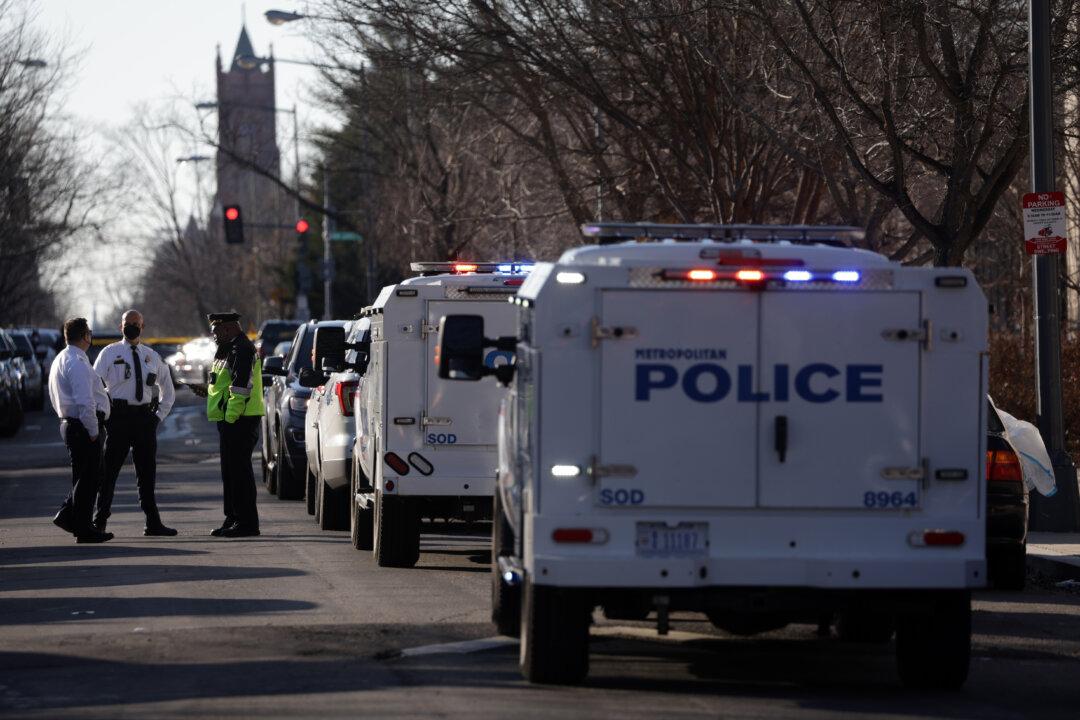Victims of violent crime in Washington shared their stories on Capitol Hill on Oct. 12 in a plea for greater accountability for offenders.
“I implore this subcommittee to understand that policing, prosecuting, and most importantly, incarceration works,” said armed robbery victim Mitchell Sobolevsky during a hearing of the House Judiciary Subcommittee on Crime and Federal Government Surveillance.





